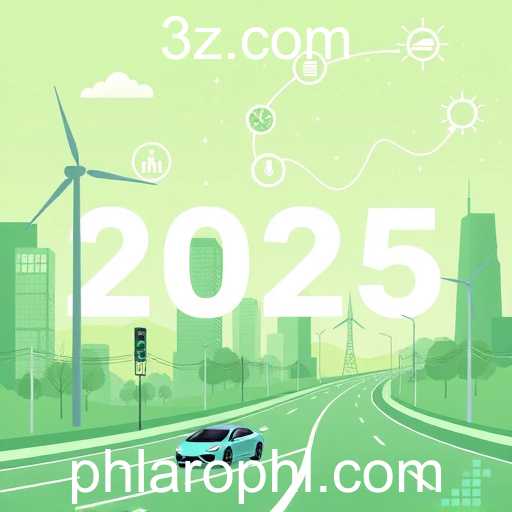In recent years, technological advancements have radically transformed various aspects of daily life, influencing everything from communication to transportation. As of 2025, artificial intelligence (AI) and sustainable practices are at the forefront of these innovations, bringing about significant changes in how individuals and businesses operate.
AI technologies are increasingly integrated into everyday tools and devices. Smartphones, for instance, are leveraging AI to offer personalized user experiences, predictive text, and voice-activated assistants. Moreover, AI is driving the development of autonomous vehicles, which are anticipated to reduce traffic congestion and improve safety on roads. This innovation is reshaping urban landscapes and affecting industries related to transportation and oil.
Sustainability has also become a major focus in tech innovation. Companies are prioritizing eco-friendly technologies that reduce carbon footprints. Innovations in renewable energy, such as solar and wind power, are becoming more accessible and cost-effective, encouraging widespread adoption. Additionally, the rise of smart home technologies is enabling consumers to manage energy use more efficiently, contributing to global sustainability efforts.
The intersection of technology and sustainability is most evident in the growing trend of green technology startups. These companies are using innovative approaches to solve environmental problems, from reducing plastic waste to developing recyclable materials. This trend is not only beneficial for the environment but is also creating new economic opportunities and job markets.
Commentary on these advancements highlights a mixed reception from the public. While many embrace the convenience and opportunities offered by new technologies, others raise concerns about privacy, security, and the displacement of jobs. Discussions about the ethical implications of AI and data usage continue to be pivotal as societies navigate these challenges.
Reports suggest that embracing these innovations responsibly requires robust policy frameworks and collaborative efforts between tech developers, governments, and consumers. Such cooperation will ensure that technologies are used effectively and ethically, maximizing their benefits while minimizing potential risks.
As we move further into the mid-2020s, it is clear that technology will continue to play an integral role in shaping the future. By addressing current and potential challenges head-on, society can harness these innovations for positive social impact and contribute to a more sustainable and technologically advanced world.








